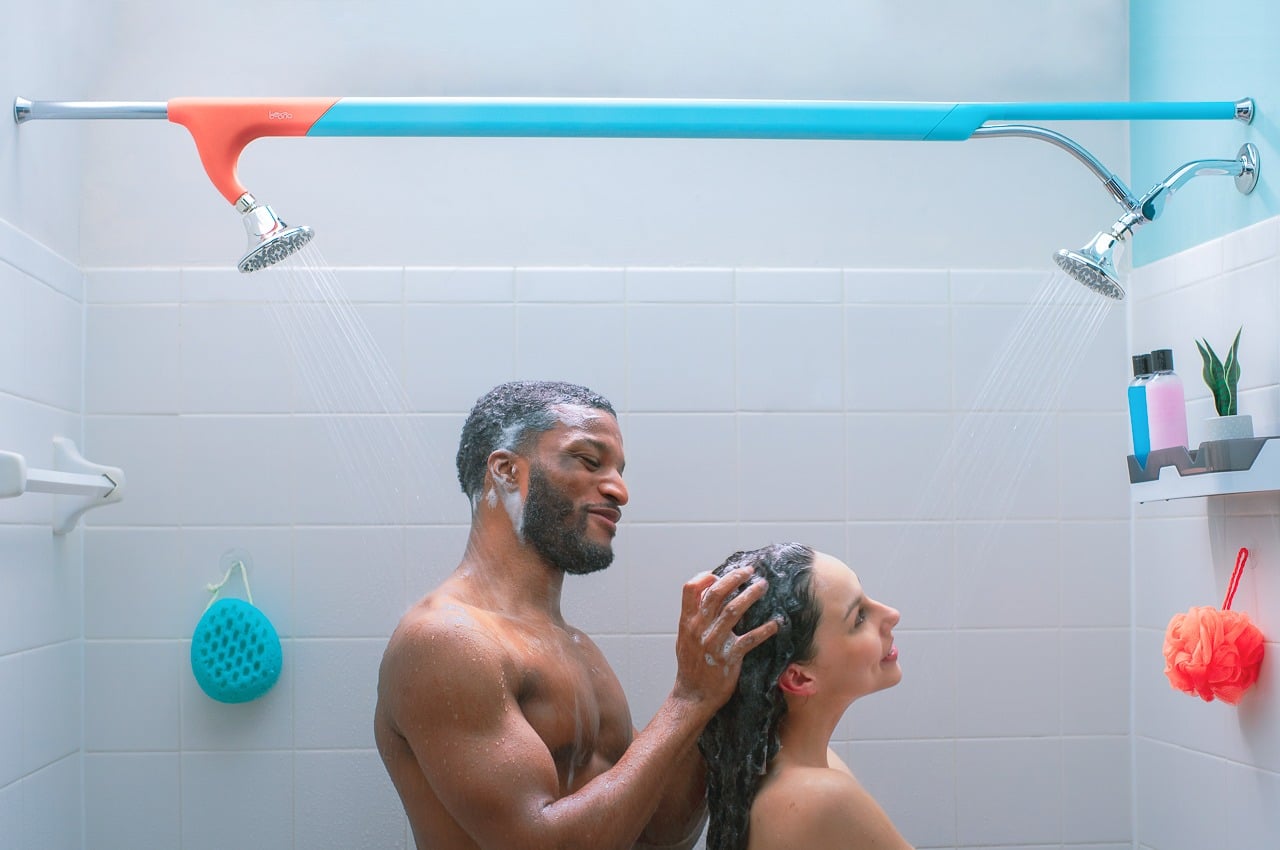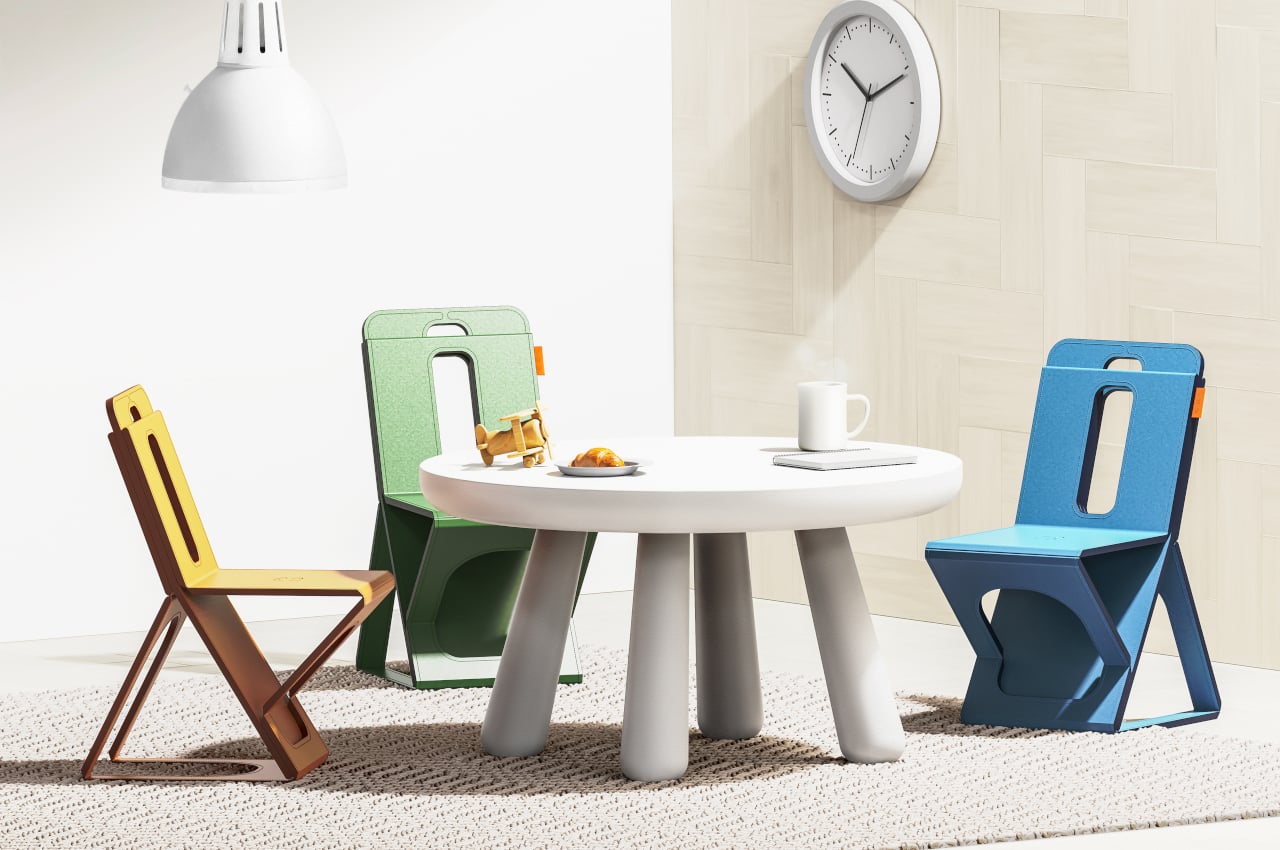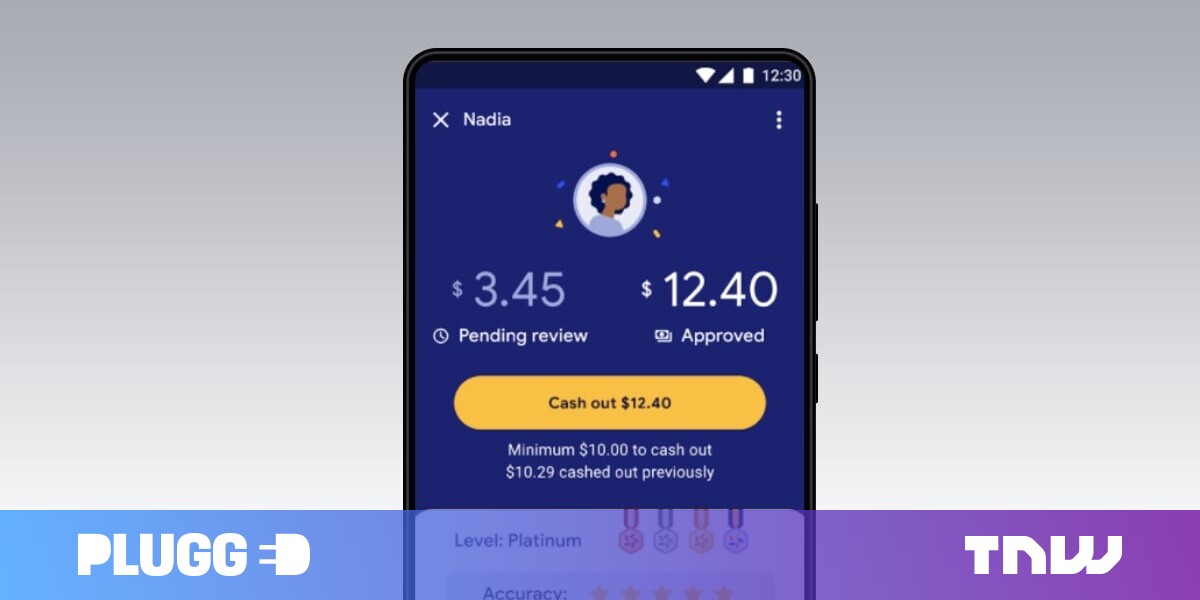#How to Care for Pets While You’re Away

Table of Contents
“#How to Care for Pets While You’re Away”

Taking your first major trip in a while? Don’t forget to include your pet in your preparation plans! When you can’t take your furbaby with you, these tips and products will ensure your pet stays safe and happy while you’re gone.
If you haven’t done much traveling in the last year, you’re not alone. While you’re probably looking forward to going places again, your cat or dog has gotten used to having you home. If you’re going to be away for a while, these steps can help reduce their stress (and yours).
Here’s what to do for your pet before you go on vacation!
Leave Them in Good Hands

Some pets—especially cats—are pretty self-sufficient. Still, it’s important to have someone check on them at least once a day. Even the most independent of pets can get stressed out and lonely without you around.
Plus, a daily check-in is important in case something unexpected happens, like an accidental injury. You have a few options available to make sure your pets are looked after while you’re away.
Find a Pet Sitter
Most of the time, having a pet sitter come by the house (or stay over) is ideal. Your pet will be most comfortable in his or her own environment, and pet sitters tend to be less expensive than boarding.
Anyone you know and trust who has pets or experience with animals can make a great pet sitter. Even if it’s a friend or family member, it’s thoughtful to offer payment for their time and effort. Or, you can exchange favors by watching their pet for them when they travel.
If you don’t have someone in your circle who’s available, you can hire a professional, although that tends to be more costly. Be sure to check online reviews, and ask to speak to former clients before deciding who to hire. Asking pet owners you know for recommendations is another great way to find a reliable pet sitter.
No matter who you hire, try to have a backup plan as well, in case your main pet sitter has an emergency.
It’s best to introduce your pet to their sitter a few times before you leave, so that person will look familiar when they return. Talk to the sitter about your pet’s needs, and put essentials like food and medicine in a place that’s easy to access.
Leave a written list of instructions, including vet info, and/or a daily checklist of tasks for any higher-maintenance pets. And, of course, ask them to send you regular updates on your bestie!
Consider Boarding
Boarding can get pricey, but it’s a great choice for pets that need extra attention or scheduled medication. If your pet is anxious, boarding also ensures they won’t destroy anything in your home, by chewing or scratching.
People in areas with extreme weather might want to consider boarding, too. If your home is susceptible to power outages due to extreme temperatures, hurricanes, or other dangerous weather events, boarding is probably best for safety.
Boarding facilities in these areas tend to have generators, evacuation plans, and other emergency preparations, although you should ask to be sure.
While most pets are more comfortable at home, a good boarding facility will do everything possible to reduce their stress. Some are even attached to a vet’s office, so you’ll know your pet is in professional hands.
Again, though, always check reviews, ask to speak to former clients, or get recommendations from fellow pet owners.
Prepare Food and Water Stations

If you’re keeping your pet at home, it’s important to put together a few easy-to-access food and water stations.
First, stock up on food, treats, and other necessities for your petsitter. Let them know what the usual feeding schedule is, and ask them to stick to it as much as possible. Pets get less stressed when they can maintain their normal routines.
Automated food and water bowls are a great choice for maintaining a feeding schedule and keeping things neat and clean. They’ll prevent spills and keep things on schedule even if the pet sitter can’t always come at the same time.
$67.99
You should also put out a few extra bowls of food and water, no matter which kind of feeder you use. Animals can easily knock a bowl over or accidentally close a door, blocking off access to their food.
Plus, this will ensure they still have what they need, even in a worst-case scenario when they won’t be checked on for a few days.
Keep Your Home Clean and Your Pet Safe

While safety is always a top priority, you also want to keep your home clean and free of damage. Luckily, the two tend to go together. A clean home without potential hazards is safer for your pet and invites less destruction.
Make sure you put away anything your dog or cat might destroy. For example, it might be wise to hide throw pillows if your dog tends to chew up stuffed animals. Remember, your pets are likely to be stressed while you’re gone, which can exacerbate destructive habits.
If something’s a potential hazard, it’s even more important to stash it out of reach. For example, if your cat tends to chew on cords, hide any electrical cords before you leave.
Because animals can accidentally close doors but (usually) not open them, use heavy items or doorstops to prop them open so they can always get to their food and litter boxes. If you don’t want your pet in a certain room at all while you’re away, just keep that door closed.
For indoor/outdoor cats, it’s also a good idea to block their access outside. Keeping cats inside is safer and helps prevent unexpected accidents or disappearances while you’re away.
For any pets with collars, make sure you switch to the breakaway kind before your trip. These are actually best for all the time, as regular collars can get caught and trap or injure your pet. A breakaway collar comes undone whenever there’s a safety issue.
$7.84
You might also want to set up a pet camera or two so you can check in whenever you want and make sure your pet(s) are safe. Aim it at their food and water station or a favorite hangout spot so you’ll be able to see them regularly.
$29.99
Provide Comfort and Entertainment

After safety is ensured, it’s time to make sure your pet will be comfortable and not too bored. Spend some extra quality time together shortly before you leave. Stay calm and keep their routine as normal as possible while putting in the extra snuggle or walk time. If you’re nervous, your pet will pick up on it.
Next, make sure to leave out their favorite bed or blanket while you’re gone. Even better, leave a blanket or sweater with your scent on it. Also, be sure to set the thermostat at a comfortable temperature, no matter the season.
In the summer, you might want to close most of your blinds to help your house stay cool. However, it’s good to leave at least one or two open, so your pet can look outside for entertainment. You can also leave on a TV or radio at a low volume if your pet is used to noise.
While animals can typically see well in the dark, leaving a few lights on will help things feel more normal and less lonely for them. Plus, your petsitter won’t have to enter a dark house, so it’ll be harder for your pet to slip past them and escape.
Leaving a few new interactive items, like scratching pads, or puzzle and chew toys around will also help. New things to play with will keep cats and dogs busy, happy, and less likely to destroy your stuff. If they have favorite toys, let your pet sitter know so they can plan for playtime.
$7.99
Finally, some animals also respond well to stress-reducing pheromones. You can add a pheromone diffuser to the rooms in which they spend the most time, or spray some on their beds and in other hangout spaces. These aren’t equally effective for all pets, but it doesn’t hurt to try, especially if your furbaby has separation anxiety.
$24.29
Get a Vet Check-Up

Most of the time, you won’t need a special vet trip before you travel. However, if your pet’s due for a routine checkup, it’s good to get it done before you leave to ensure he or she is healthy. Make sure your pet is up to date on vaccines, as well.
Also, if this is the first time you’ll be leaving a high-maintenance or special-needs pet alone, be sure to ask the vet for tips.
It’s also a great idea to get pets microchipped prior to your vacation. This safe, permanent form of ID is inserted under your pet’s skin by the vet. Then, if your pet runs away or gets lost, this will improve your chances of getting him or her back. Vets and shelters routinely check lost pets for chips, so they can be reunited with their owners.
Being away from your pet can be stressful for both of you, no matter how exciting your trip is. These steps will help ensure that both you and your pet enjoy your time apart. However, if you decide you’d rather take your furry friend with you, check out our guide to dog-friendly vacations.
If you liked the article, do not forget to share it with your friends. Follow us on Google News too, click on the star and choose us from your favorites.
For forums sites go to Forum.BuradaBiliyorum.Com
If you want to read more like this article, you can visit our Technology category.




